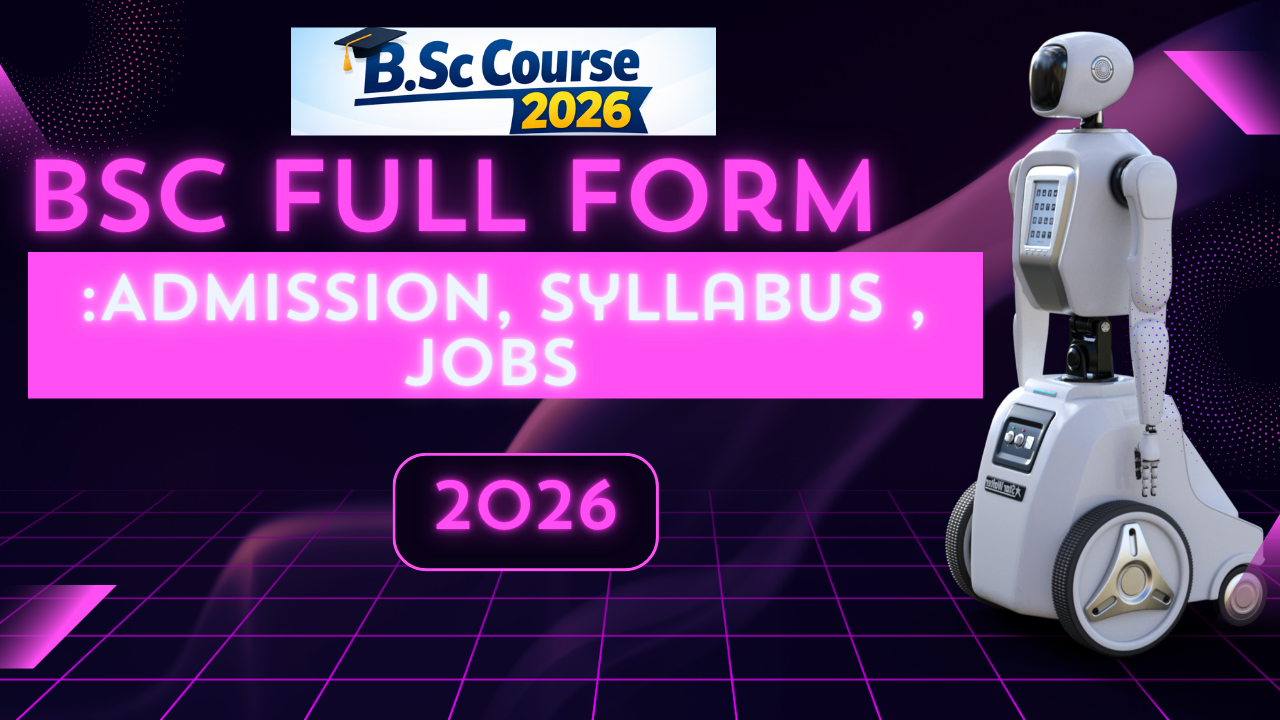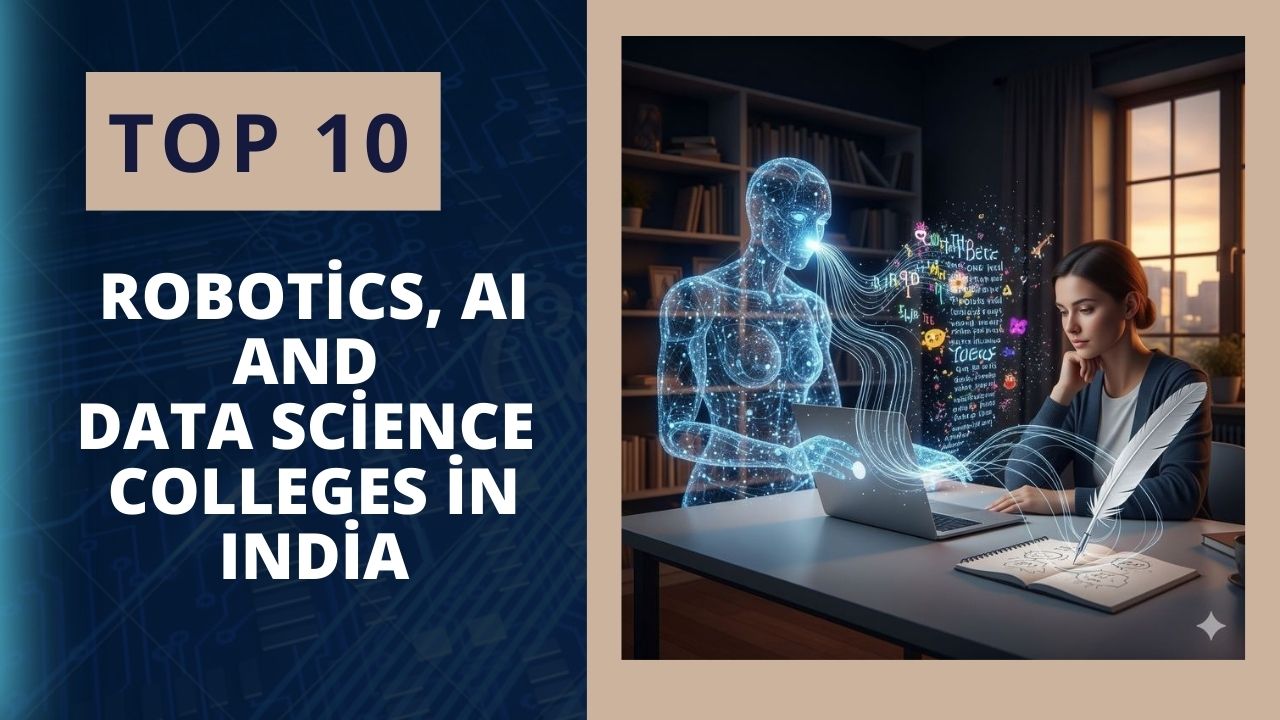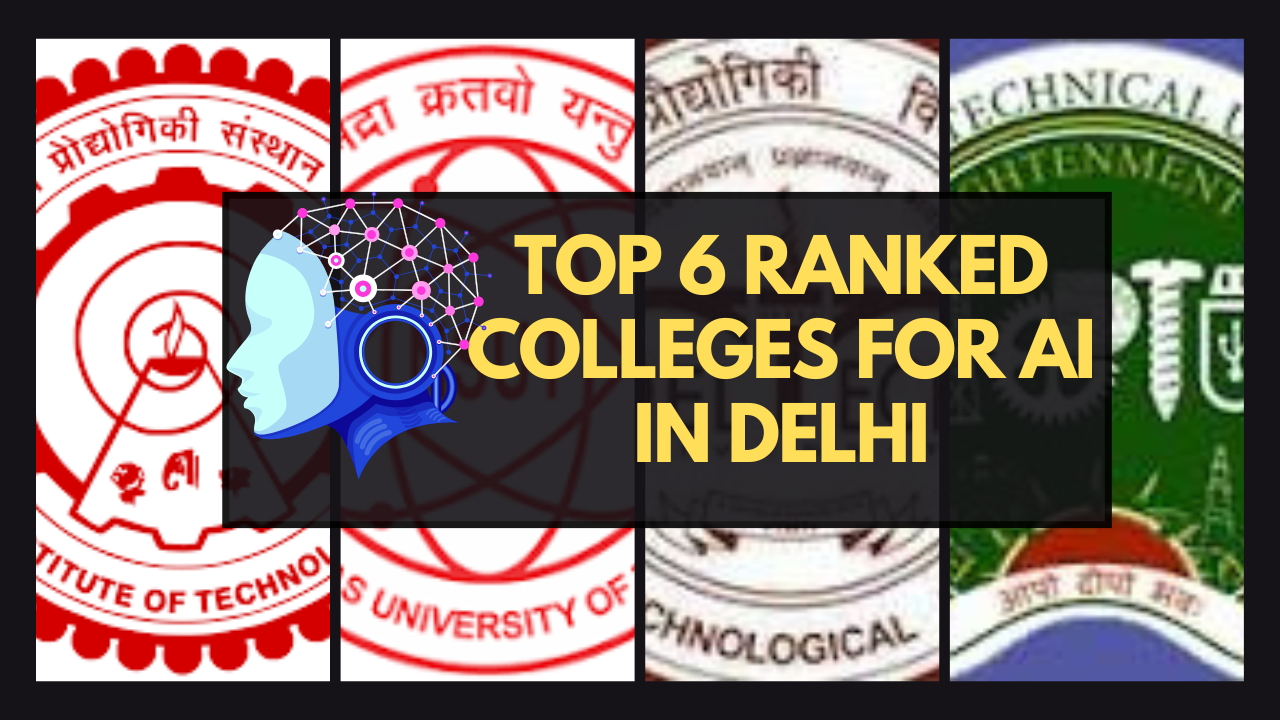Bhoomi kaushik
Get Real Experts on your side
Before venturing to seek career counseling, answer a few basic questions so we can connect you with our best expert counselor for personalised guidance and mentorship.




Bhoomi kaushik
04/07/2024
Transforming the Future
In the last decade, Artificial Intelligence (AI) has transitioned from the realm of science fiction to an integral part of our daily lives. From voice-activated assistants to autonomous vehicles, AI's impact is profound and far-reaching. This blog explores the evolution of AI, its current applications, and the potential it holds for the future.
The Evolution of AI
AI's roots can be traced back to the 1950s when pioneers like Alan Turing and John Mc Carthy laid the groundwork for what would become one of the most transformative technologies of the 21st century. Turing's work on the concept of a "universal machine" and McCarthy's coining of the term "Artificial Intelligence" were pivotal moments in the field's history.
Initially, AI development was slow due to limited computational power and data. However, advancements in technology, coupled with the explosion of big data, have accelerated AI research and applications. The advent of machine learning (ML) and deep learning (DL) has further propelled AI's capabilities, enabling it to perform tasks that were once thought to be the exclusive domain of humans.
Current Applications of AI
AI's versatility allows it to be applied across various industries, revolutionizing how we live and work. Here are some key areas where AI is making a significant impact:
The Future of AI
The potential of AI is boundless, with ongoing research pushing the boundaries of what this technology can achieve. Some emerging trends and future possibilities include:
Conclusion
Artificial Intelligence is no longer a futuristic concept but a present reality that is reshaping our world. Its applications span diverse industries, driving innovation and efficiency. As we continue to explore the potential of AI, it is crucial to address ethical concerns and ensure that this powerful technology benefits all of humanity. The future of AI holds immense promise, and its journey has only just begun.









.png)











.jpg)


.jpg)




.png)







.png)

.png)




.png)

.png)
.png)



.png)

.png)


.png)

.png)


.png)

.png)

.png)
.png)

 (1).png)



.png)

.png)
.png)


.png)


.png)


.png)

.png)







.png)





.png)


.png)














.png)













.png)




.jpg)






.png)




.png)


.png)
.png)
.png)
.jpg)



.png)


.png)
.png)
.png)



.png)











.png)
.png)



.png)


.png)
.png)


.jpg)







.jpg)









.jpg)





.png)


.jpg)



Before venturing to seek career counseling, answer a few basic questions so we can connect you with our best expert counselor for personalised guidance and mentorship.
